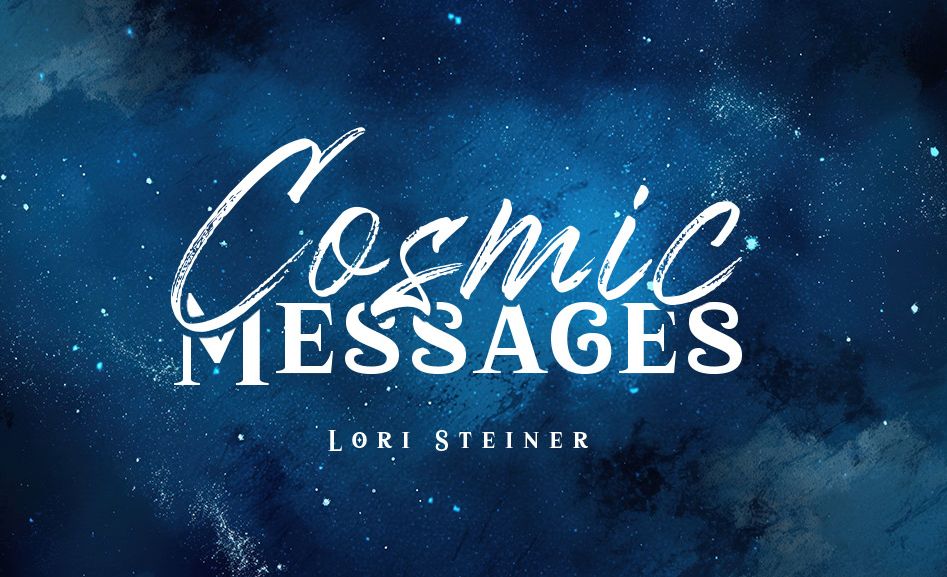
The Outrage of Ben Hecht
Ben Hecht was a Hollywood screenwriter; but more than that, he was a Jew who hated injustice and scoffed at political correctness. Imagine what he'd have said about today…

Ben Hecht died nearly fifty years ago.
I discovered Hecht when I was an aspiring screenwriter after graduating college. I identified with Hecht. We both came from the Midwest. We were both assimilated Jews. And like Hecht, I also came to Hollywood to write movies.
Only Hecht became the most successful and influential screenwriter in the history of American cinema. During Hollywood’s Golden Age in the 1930s and 1940s, he created the first gangster film, invented the screwball comedy and either wrote or collaborated on dozens of classic movies, including Gone with the Wind, The Front Page, Scarface and a bunch of Hitchcock thrillers.
Lately, I’ve been thinking about Ben Hecht — not Ben Hecht the legendary screenwriter, but Ben Hecht the Jew. Hecht didn’t really identify himself as a Jew, though, until he became aware of anti-Semitism. This awareness grew into outrage. And in 1943, his outrage boiled over when more than three million Jews in  Europe had already been murdered and nothing was being done to stop it.
Europe had already been murdered and nothing was being done to stop it.
So with his pen and typewriter, Hecht courageously used his prolific talents and stature as "the Shakespeare of Hollywood" to make both the Roosevelt administration and the American public aware of Germany’s systematic slaughter of Jews — and the desperate need to rescue Jews.
In February 1943, Readers Digest published his passionate article, “Remember Us,” alerting Americans to the unimaginable fate Jews faced across the Atlantic. That same month, the New York Times ran a full-page ad he wrote with this headline simmering with outrage:
FOR SALE TO HUMANITY
70,000 JEWS
GUARANTEED HUMAN BEINGS AT $50 APIECE
A month later, out of frustration over the Roosevelt administration’s failure of rescuing a single Jew and “outrage at Hollywood's fear of offending its European markets," he wrote We Will Never Die, a pageant performed before 40,000 people in Madison Square Garden. And that same year, he wrote Guide for the Bedeviled, a book with more than 200 pages of sustained outrage over anti-Semitism and the Holocaust that was still going on in full force.
He wrote, “My outrage is not for the innocent ones who died defenseless. It is for those who slew them. Do I live to be a hundred, I shall remember these Germans….”
Disregarding what’s now called political correctness, he wasn’t afraid to clearly name the enemy and shine a spotlight on its crimes. Hecht wasted no time pointing out that it was Germany, not just a blood-thirsty faction of National Socialist sadists, who went to war against the Jews with unprecedented mass murder, brutality and efficiency.
It’s now seven decades later. And as we approach the fiftieth anniversary of Ben Hecht’s death, I wonder how Hecht, like a character out of one his screenplays, would react if he would somehow wake up in 2014 and see what became of Germany and what became of the Jews.
Through 20th century eyes, he would see the Germany he fought so selflessly against with his pen and typewriter in 1943 had now become the world’s most popular country according to a BBC poll conducted internationally last May. He would also see that Israel, the world’s only Jewish country, had landed toward the bottom in that same poll, ranking only above North Korea, Pakistan and Iran in world popularity.
And he would see that Mein Kampf, Hitler’s murderous anti-Semitic manifesto, had today become “a best-seller on both Amazon and iTunes and a bona fide online sensation” according to Fox News.
What else would Hecht see just a few decades removed from his own time?
He’d see Jonathan Pollard, a Jew accused of spying on the US for Israel, sitting in an American jail cell for nearly 30 years (for a crime that carries a maximum sentence of 10 years) while it was recently revealed that America’s intelligence agencies has been spying against U.S. allies.
He’d see Iran’s repeated call to wipe Israel (where more Jews now live than anywhere else) off the face of the map — and the international apathy about it. He’d see the U.S. formally lifting sanctions on Iran even though it’s no secret Iran’s nuclear ambitions are aimed at both Israel and the U.S.
And he’d see the intense international pressure for Israel to dismantle itself until it disappears.
As in a flashback scene (an overused screenwriting device), he’d once again witness violent Anti-Semitism dangerously re-surfacing to levels not seen since before World War Two, especially in Europe and the Mideast.
And I can’t help wondering how Hecht would express his outrage this time.
Outrage can be a good thing. As the opposite of apathy and lethargy, it can compel us to take action. And Ben Hecht’s 1943 outrage can serve as a model of sorts because even at the risk of killing his career and alienating his contemporaries, Hecht used it as a means to wake up a populace who couldn’t (or wouldn’t) hear the wake up calls all around them.
We could use some of Ben Hecht’s outrage today — especially with the increasing wake-up calls building up around us.More than that, we could use this outrage as a powerful catalyst for spreading emuna, for teshuva (returning to G-d) and for passionate prayer, begging our Father in Heaven for help and mercy. Because in today’s historic times, we can really use all the divine help and mercy we can get.












Tell us what you think!
Thank you for your comment!
It will be published after approval by the Editor.